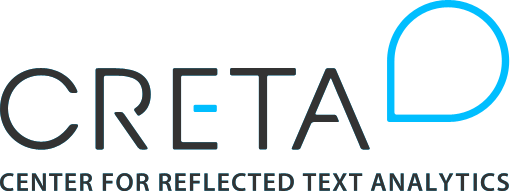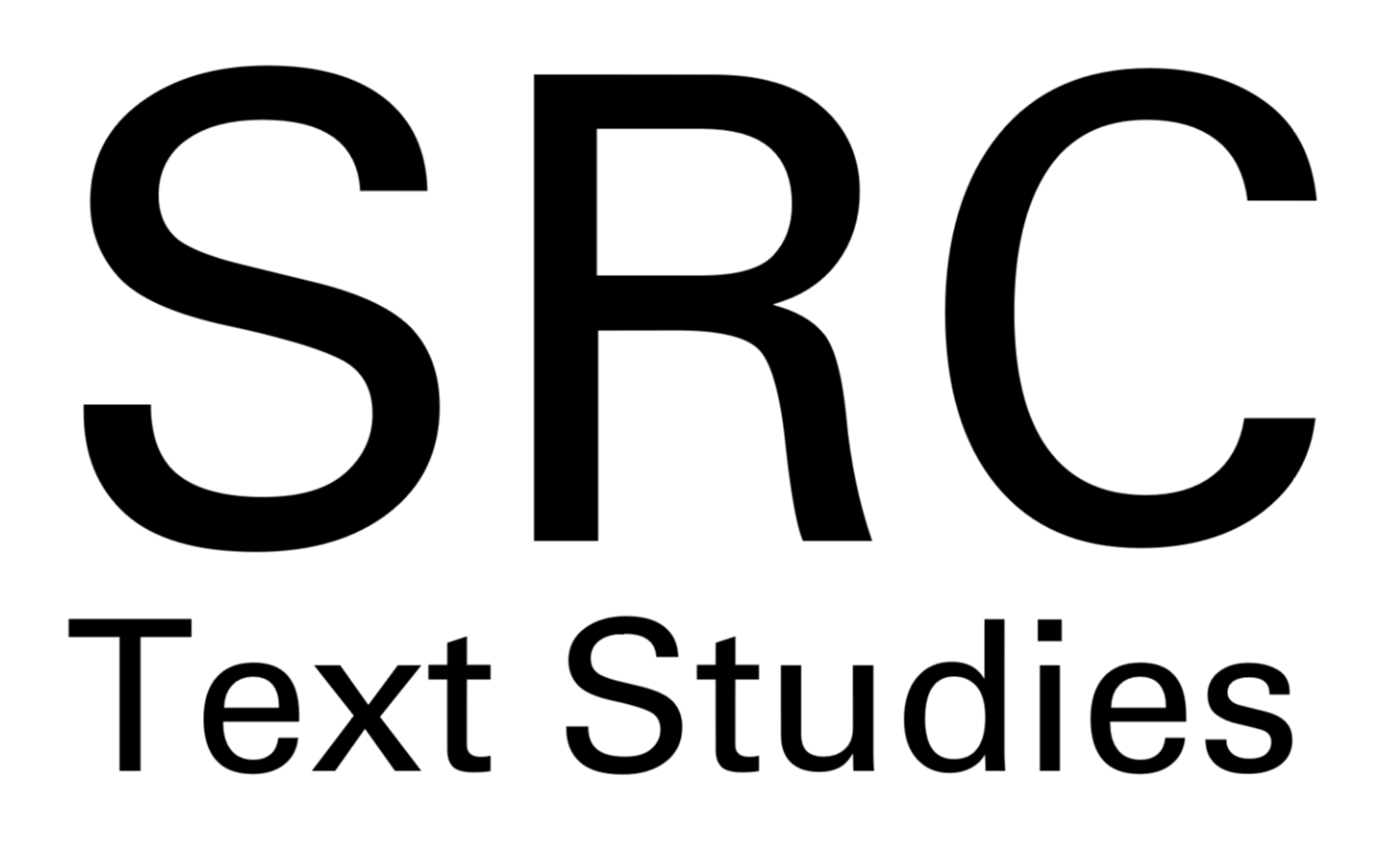About QuaDramA
QuaDramA aims to extend the possibilities for large-scale analysis of dramas focusing the dramatic figure. More than 600 German dramas, mainly from 1740 to 1920, are examined by integrating structure analysis with content analysis of the figure speech. This integration is enabled by the use of tools for natural language processing (NLP), which are domain-adapted to this specific text type. The planned integration is not a trivial task, because speech content and dramatic structure are very different sources of information that need to be analysed jointly and in a systematic way in order to provide added value for the literary interpretation. The project will empirically analyse different aspects of characters in dramas and relate empirical findings to existing drama-historic theories.
QuaDramA was funded in the first project phase from 2017 to 2021 by the VolkswagenStiftung; since 2020 we continue the project under the umbrella and with the support of the DFG priority program computational literary studies under the name Q:TRACK.
In the first phase of the project, we analyzed various aspects of the dramatic character, whereby three aspects are of central importance:
- Character types: What techniques do playwrights employ to distinguish character types (gentle father, intriguer, jester etc.)? Is it possible to Identify character types automatically and how do these character types develop over the history of drama?
- Interactions between characters: How do characters (and character types) interact with other characters (and character types)? What are their relations based on (emotions, family or social obligations, etc.)? Can we identify prototypical relation patterns over multiple characters in specific historical constellations?
- Development of characters: How do characters and character types develop within a single drama?
The research program of the second project phase combines goals in two research areas: History of literature/theatre and computational literary studies. In the first area, we aim to gain new insights into the way social knowledge in drama is related to the constitution of the dramatic conflict. Initially, we focus on the distribution and dissemination of knowledge within the dramatic worlds. But our work program also includes the generation of a formal model of social knowledge that the dramatic characters and the audience accumulate throughout the play. On the basis of these models, drama-historical analyses can be made which, for example, make visible the popularity and development of certain social constellations, networks or types of conflict (father-daughter / father-son / marriage, etc.). By adopting a multi-perspective view of figure and reader knowledge, we offer an intersubjective, metahistorical approach to the identification of poetologically reflected textual elements (such as: anagnorisis) that are used to control sympathy and trigger dramatic effects (catharsis).
QuaDramA is associated with the Center for Reflected Text Analytics.
QuaDramA is funded by Volkswagen Foundation and the DFG-priority programme Computational Literary Studies.




